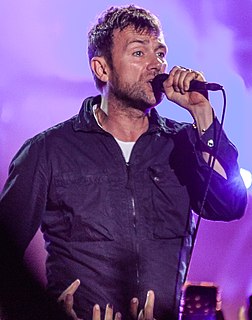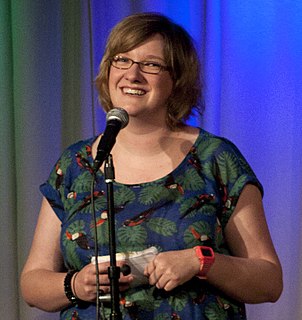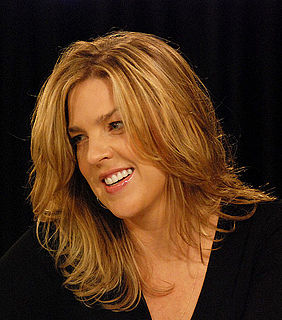A Quote by Meg Wolitzer
Novels can be a snapshot of a moment in time, or several moments in time, and as a reader, that's what I really like, and as a writer, it's what I'm drawn to also.
Related Quotes
I think the trick of being a writer is to basically put your cards out there all the time and be willing to be as in the dark about what happens next as your reader would be at that time. And then you can really surprise yourself. There's that cliche, "No surprise for the writer, no surprise for the reader!"
On a more technical level, a story takes a lot of words. And to generate words and phrases and images and so on, that will compel the reader to continue reading - that stand a chance of really grabbing a reader - the writer has to work out of a place of, let's say, familiarity and affection. The matrix of the story has to be made out of stuff the writer really knows about and likes. The writer can't be stretching and (purely) inventing all the time. Well, I can't, anyway.
That underscored this idea that when we're reading a book or writing a book, you're in an act of co-creation. The reader and the writer are both trying to dress up and present their best selves and then there's that moment, when suddenly, as a reader, you're not exactly you anymore, and likewise, as a writer, you're not really you.
And now the moment. Such a moment has a peculiar character. It is brief and temporal indeed, like every moment; it is transient as all moments are; it is past, like every moment in the next moment. And yet it is decisive, and filled with the eternal. Such a moment ought to have a distinctive name; let us call it the Fullness of Time.
In polite society, there is such a thing as sensitivity to some issues, as time has gone on. There was a time when we weren't politically correct, at all, and we all wince at moments when we look to the past and see that. I don't really know what the answer is, as far as that is concerned. However, me, as an artist, I don't really think about it, at all. It actually is not my job to think about that, especially in terms of me, as a writer, but also as a filmmaker. I'm not worried about the filmmaking part because, if I'm writing it, that's what I'm going to do.
That is as true for fiction or non-fiction. The writer has to really know their subject. It is really important to remember that the readers are a lot smarter than the writer. Also, good writing has to do with rewriting. You will never get it right the first time. So you rewrite and rewrite again until you get it right. Until you, and the reader, will be able to visualize what you're writing about.




































